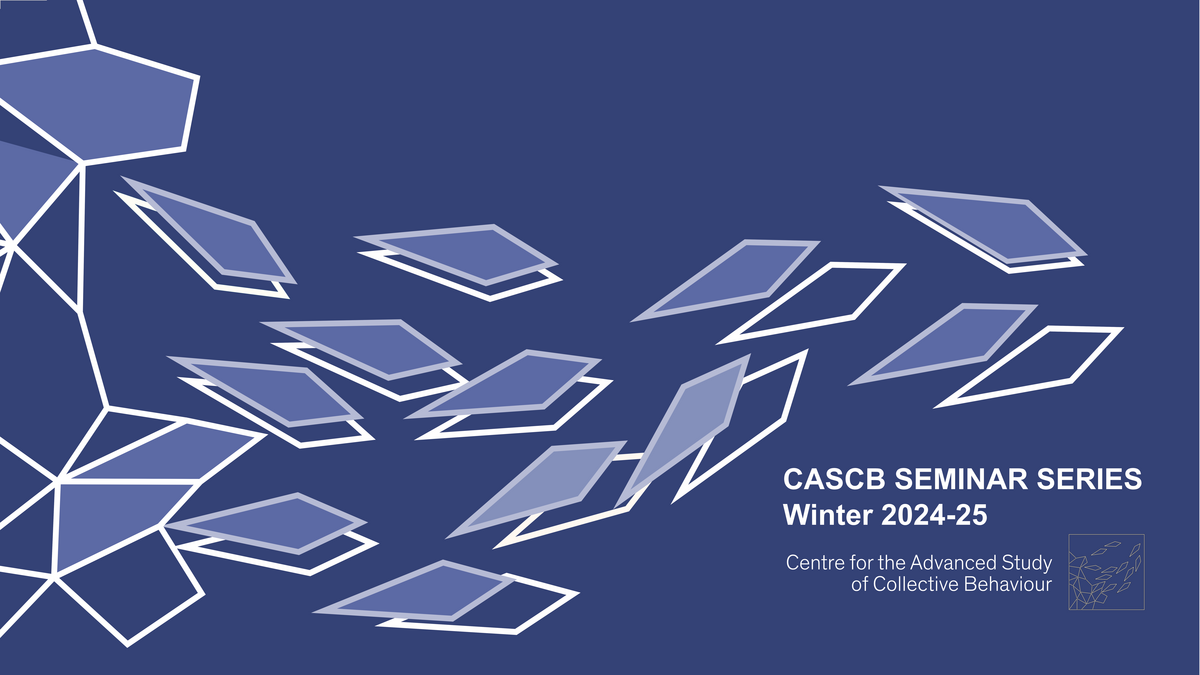CASCB Talk: Acoustic communication network in Cape fur seals: deciphering information encoded in vocal signals
Time
Monday, 28. October 2024
11:45 - 13:00
Location
ZT702 and online
Organizer
CASCB
Speaker:
Mathilde Martin, University of Zurich, Switzerland
Abstract: During the breeding season, the Cape fur seal form extremely dense on-land colonies along the Namibian and South African coasts that can reach up to 250,000 individuals. As in many mammal species, Cape fur seals make an extensive use of acoustic signals to establish and modulate their social interactions in a reproductive context: territorial defence, inter-sexual interactions, or maternal care. Due to the size and the density of the breeding colonies, the use of vocalisations for information transmission is, however, highly constrained by a loud background noise and a high risk of confusion. This work aimed to unravel the structure and functioning of the Cape fur seal’s acoustic communication network by studying their calls, the information they contain, and the mechanisms of vocal recognition among individuals. In this talk, I will go through several studies that have investigated different aspects of the acoustic communication network of the species, and provided insights into the strategy Cape fur seals use to overcome the ecological and environmental constraints they face during the critical breeding season.
Bio: Dr. Mathilde Martin is a behavioural ecologist, specialized in bioacoustics. Her work focuses on deciphering the function of group-living terrestrial and marine mammals’ vocalisations and their role in the establishment and the modulation of social interactions. Her approach is based on the study of animal behaviour in the wild and combines analytical and experimental methods such as the conduction of playback experiments in the field. Mathilde started her research career studying the social calls emitted in the context of mother-calf communication in humpback whales off the coast of Madagascar. She then received a PhD grant to work in the same research group (Acoustic Communications Team, Institute of Neurosciences Paris-Saclay) on the acoustic communication network of the Cape fur seal, under the supervision of Dr. Isabelle Charrier (CNRS, France) and Dr. Tess Gridley (Sea Search Research and Conservation, South Africa). In 2023, she was awarded a grant from the Fyssen Foundation to work as a postdoc for two years in the Communication and Cognition in Social Mammals research group, headed by Prof. Marta Manser at the University of Zurich. Her research now focuses on the link between vocal production and group cohesion, movements and decision-making in foraging meerkats using multi-sensor tracking collars.
Twitter: @MathildeMartin

